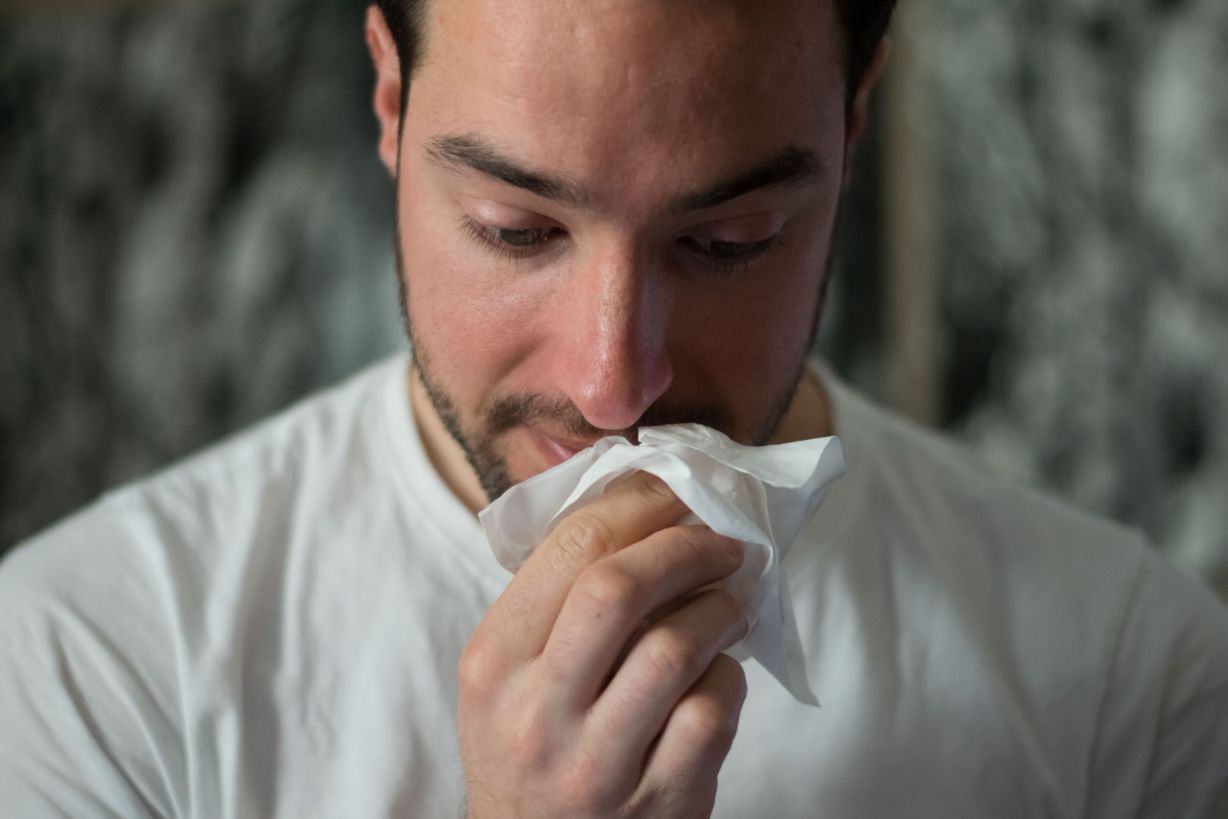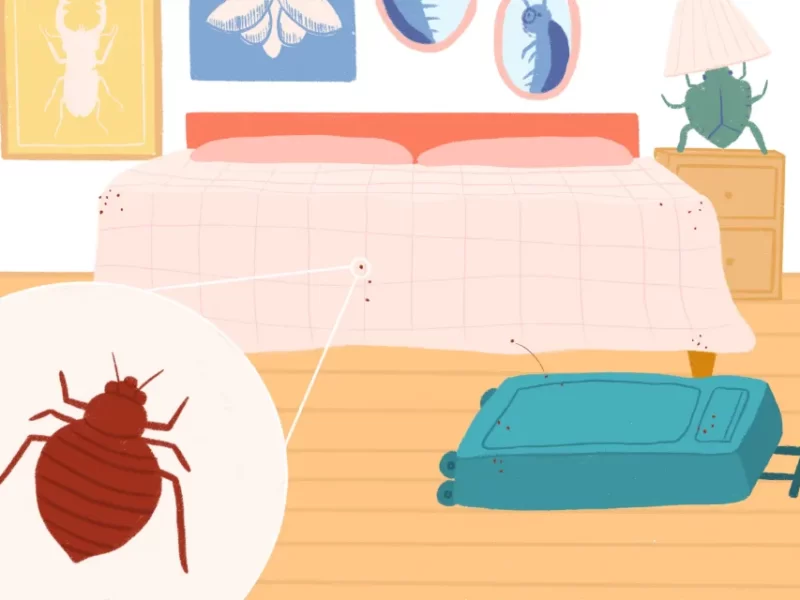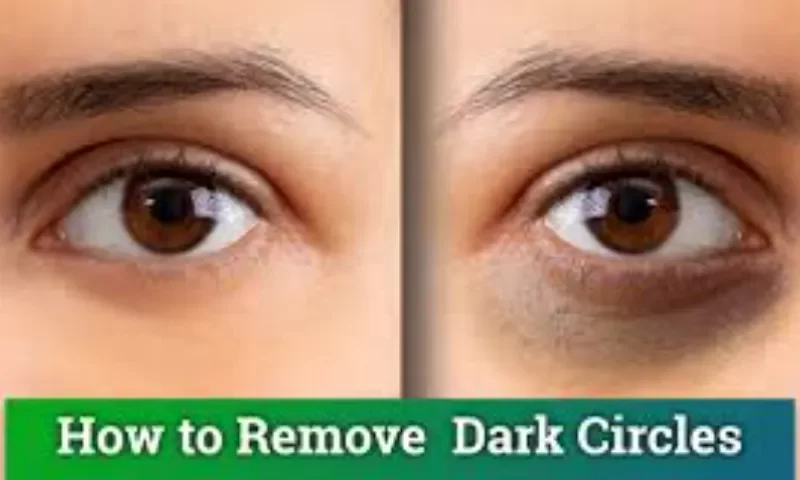It’s never enjoyable when a sandwich bite or soup sip triggers a sprinkler system in your nose. Suddenly, you need to grab a napkin to catch the stream of thoughts that is quickly leaving your head. However disgusting it may seem, having a runny nose after eating is actually quite common.
Why does my nose run whenever I eat food? There are numerous other causes for your nose to run while you eat besides spicy food, which is typically the cause of a runny nose after eating. Some are not related to the type of food but rather are signs of other diseases.
In this article, we’ll talk about the various reasons why eating can make your nose run. This article explains why eating can occasionally cause a runny nose. Additionally, it will describe how to prevent or treat it.
You may also want to read: Chronic Runny Nose: Causes & Preventions – Elder VIP
Why Does My Nose Run Whenever I Eat Food?
A runny nose in some people may be brought on by the food they consumed, a food allergy, seasonal allergies, or other factors. Read on for a list of potential reasons why does my nose run whenever I eat food?
Gustatory Rhinitis
Gustatory rhinitis is the medical term for when someone’s nose runs after eating but no other allergic reaction symptoms appear.
Many people experience gustatory rhinitis after eating hot or spicy foods. These foods cause the trigeminal sensory nerve, which is responsible for making the nose run, to become stimulated when consumed.
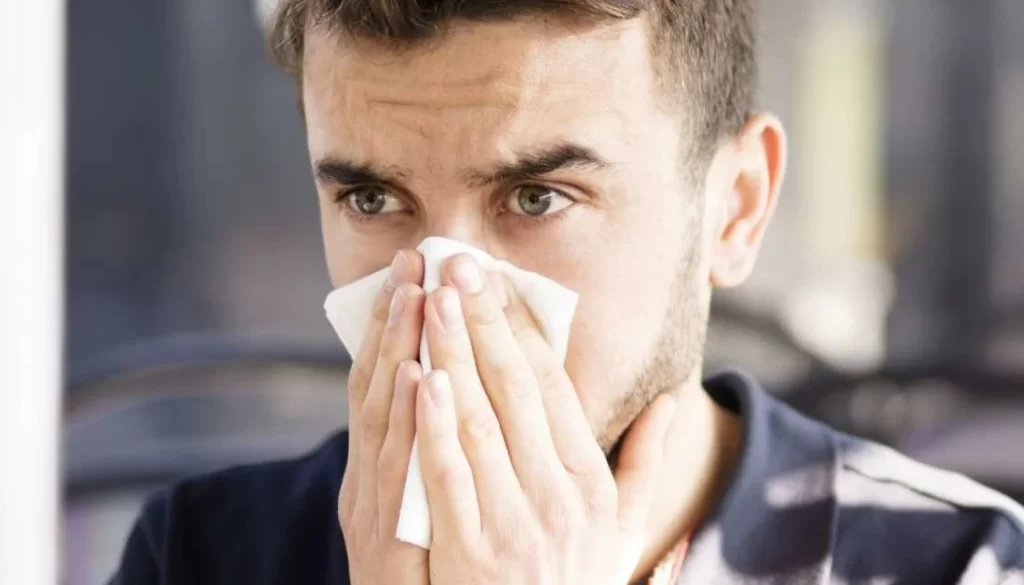
By avoiding trigger foods, one can prevent gustatory rhinitis. They can take particular medications to treat their symptoms if their nose runs right after eating anything. Topical intranasal atropine is one such drug.
Allergic Rhinitis
Up to 60 million Americans are estimated to suffer from allergic rhinitis. Seasonal or year-round experiences are both possible.
Typically, an environmental trigger, such as dust mites, pollen, or pet dander, can cause symptoms. This kind of food allergy reaction may occur in some people.
Allergic rhinitis can cause the following symptoms:
- A runny or stuffy nose
- Itchy eyes, mouth, throat, or skin
- Dry eyes
- Watering eyes
- Sneezing
- Fatigue
Food Allergies
While a runny nose is not typically a symptom of a food allergy, other symptoms, such as nasal congestion, can develop within two hours of eating a particular food. Food allergies that are extremely severe require immediate medical attention.
Food allergy symptoms may range from mild to severe, and may include:
- Nasal congestion
- Wheezing, coughing, or shortness of breath
- Throat tightening or a raspy, hoarse voice
- Hives
- Itchy skin
- A tingling or itching sensation in the mouth
- Facial swelling, including the lips, face, tongue, and throat
- Body swelling
- Dizziness
Anaphylaxis, a potentially fatal allergic reaction, may be brought on by a severe case of food allergy.
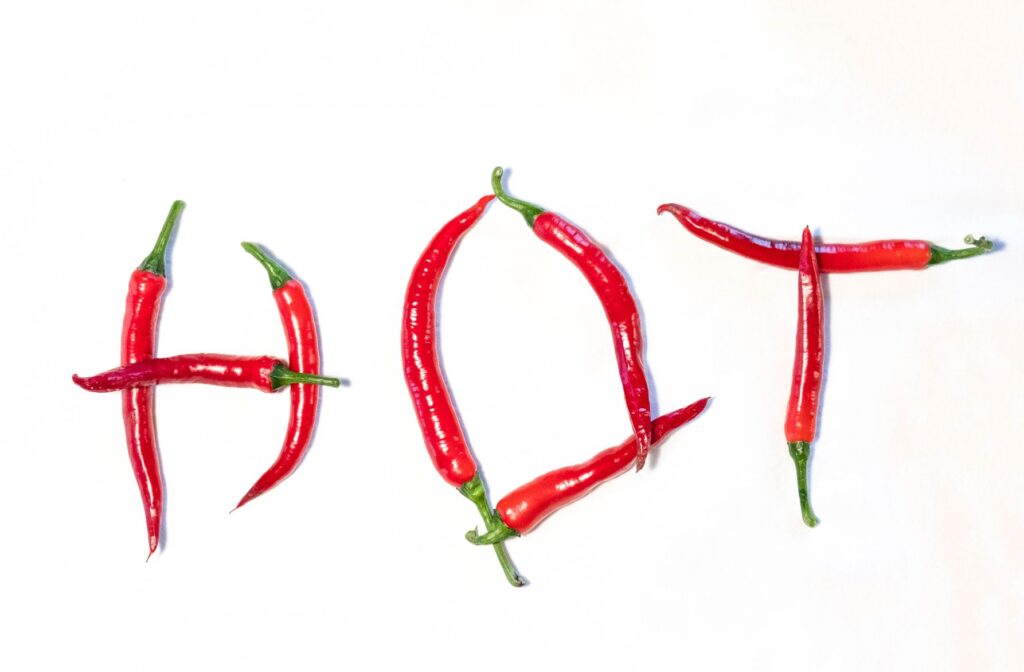
Common food allergy triggers include:
- Shellfish and other fish
- Peanuts and tree nuts
- Eggs
- Dairy
- Wheat
- Soy
Vasomotor Rhinitis
Vasomotor rhinitis, also known as idiopathic rhinitis, is a particular type of runny nose that is brought on by physical and environmental changes rather than an allergen and results in swelling of the nasal lining.
Triggers that may bring on vasomotor rhinitis include:
- Certain odors, such as perfume, cigarette smoke, and inks
- Weather changes, including temperature, humidity, and air pressure
- Hormonal changes
- Bright lights
- Changes in emotions
- Eating certain foods, such as alcohol and spicy foods
Alongside a runny nose, those with vasomotor rhinitis may experience symptoms such as:
- Congestion
- Sneezing
- Postnasal drip
- Headaches
- Feeling pressure in the face
- Coughing
Symptoms of Gustatory Rhinitis
If you have gustatory rhinitis, you may experience the following symptoms while you eat:
- Runny nose.
- Tightness in the chest.
- Clear discharge.
- Postnasal drip, or coughing up mucus.
Additionally, these symptoms are very similar for various rhinitis types.
Diagnosis
Your doctor will inquire about your symptoms and any allergy history since there are a number of conditions that can cause nasal discharge.
When focusing on a diagnosis, your doctor will take the aforementioned factors into account. However, your doctor must initially rule out allergic rhinitis in order to formally diagnose you with nonallergic rhinitis, gustatory rhinitis, or another type. Using an allergy test, the doctor accomplishes this.

To do this, your doctor may perform:
- Skin prick test: This procedure, also known as a puncture or scratch test, entails your doctor applying tiny amounts of allergens to your skin to observe whether or not you react.
- Immunoglobulin E (IgE) test: Your immune system’s reaction to allergens can be assessed via a blood test.
If you have allergic rhinitis, an immune response will be detected in these tests, but not if you do not. A skin reaction to the puncture test or elevated IgE levels are indicators of allergic rhinitis. Your physician will make the diagnosis of nonallergic rhinitis if you don’t have an immune response.
Your doctor will likely diagnose you with gustatory rhinitis if the only symptoms you experience after eating food are a runny nose, watery eyes, and sneezing.
Another non-allergic rhinitis that is brought on by food is vascular rhinitis. But if you also have congestion, sinus pressure, and a cough, your doctor might also suggest that it’s brought on by alcohol, changing seasons, or hormonal changes.
Treatment
Because gustatory rhinitis is nonallergic, it typically does not respond to treatment with antihistamines, such as:
- Benadryl(diphenhydramine)
- Claritin(loratadine)
However, you can generally reduce your symptoms by merely avoiding your food triggers.
Nasal Atrovent (ipratropium bromide nasal spray) can help to prevent and treat gustatory rhinitis symptoms if they bother you. It should work with one or two sprays in each nostril for about an hour before consuming spicy foods.
Try a decongestant like Sudafed (pseudoephedrine) for immediate relief from a runny nose. Before using it, make sure to discuss any potential drug interactions with your doctor.
The process of determining your unique treatment plan may take a few weeks. Identifying the precise foods that cause symptoms may also take some time. This is especially true if they are common ingredients used in a variety of dishes.
Foods That Can Trigger a Runny Nose
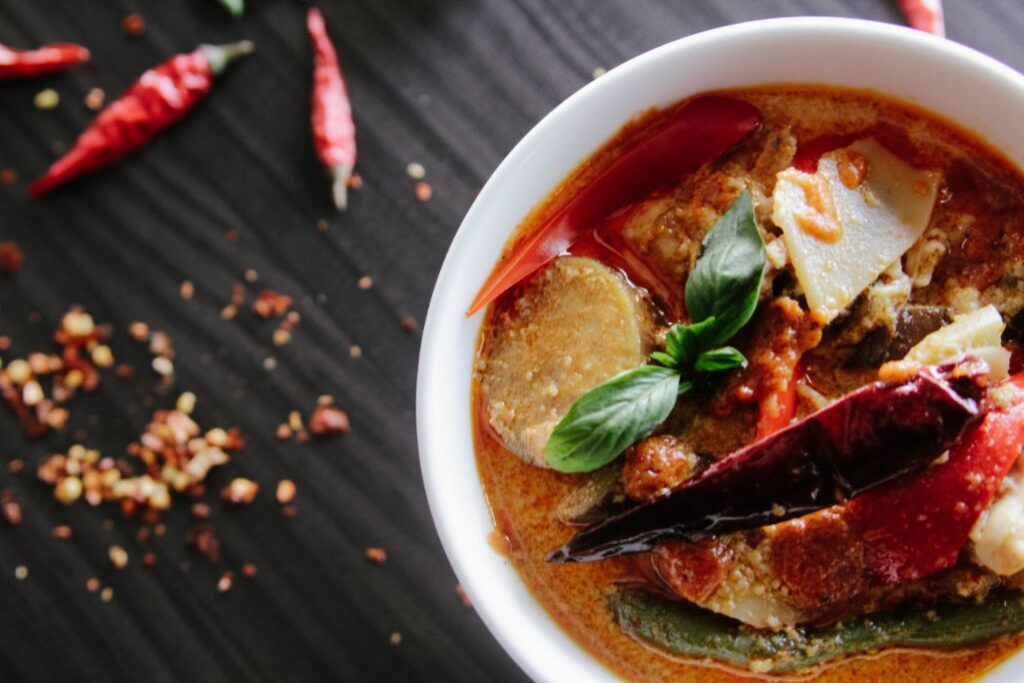
Many foods can make your nose run. Here are a few common ones:
- Spicy foods.
- Hot peppers.
- Garlic.
- Hot sauce.
- Chili powder.
- Ginger.
- Other natural spices.
After you finish eating, your nose usually stops running.
How to Prevent a Runny Nose When Eating?
The symptoms of nonallergic rhinitis, the most common cause of food-related runny nose, can be prevented with a few lifestyle changes, such as:
- Avoiding your personal triggers
- Quitting smoking, if you smoke, and avoiding secondhand smoke
- Avoiding occupational triggers (such as painting and construction) or wearing a mask while working
- Using fragrance-free soaps, laundry detergents, moisturizers, and hair products
- Avoiding spicy foods
Summary: Nose Running When Eating
Gustatory rhinitis is the medical term for when you occasionally experience a runny nose while eating. A trigger food usually causes it to occur immediately after eating. The majority of the time, gustatory rhinitis is brought on by spicy food.
The cause and severity of rhinitis affect the prognosis for those who have it. A close eye must be kept on someone who has certain allergies because they can be fatal. Treat rhinitis, there are numerous over-the-counter and prescription medications. Treatment outcomes, however, can differ.
Extreme caution should be used when a severe allergy is present in order to avoid the trigger, especially if the allergy could result in a severe reaction.

